During talks with host country Prime Minister Narendra Modi in New Delhi on December 16, Sri Lankan President Anura Kumara Dissanayake affirmed that Colombo will not allow its territory to be used "in a manner detrimental to India's interests".
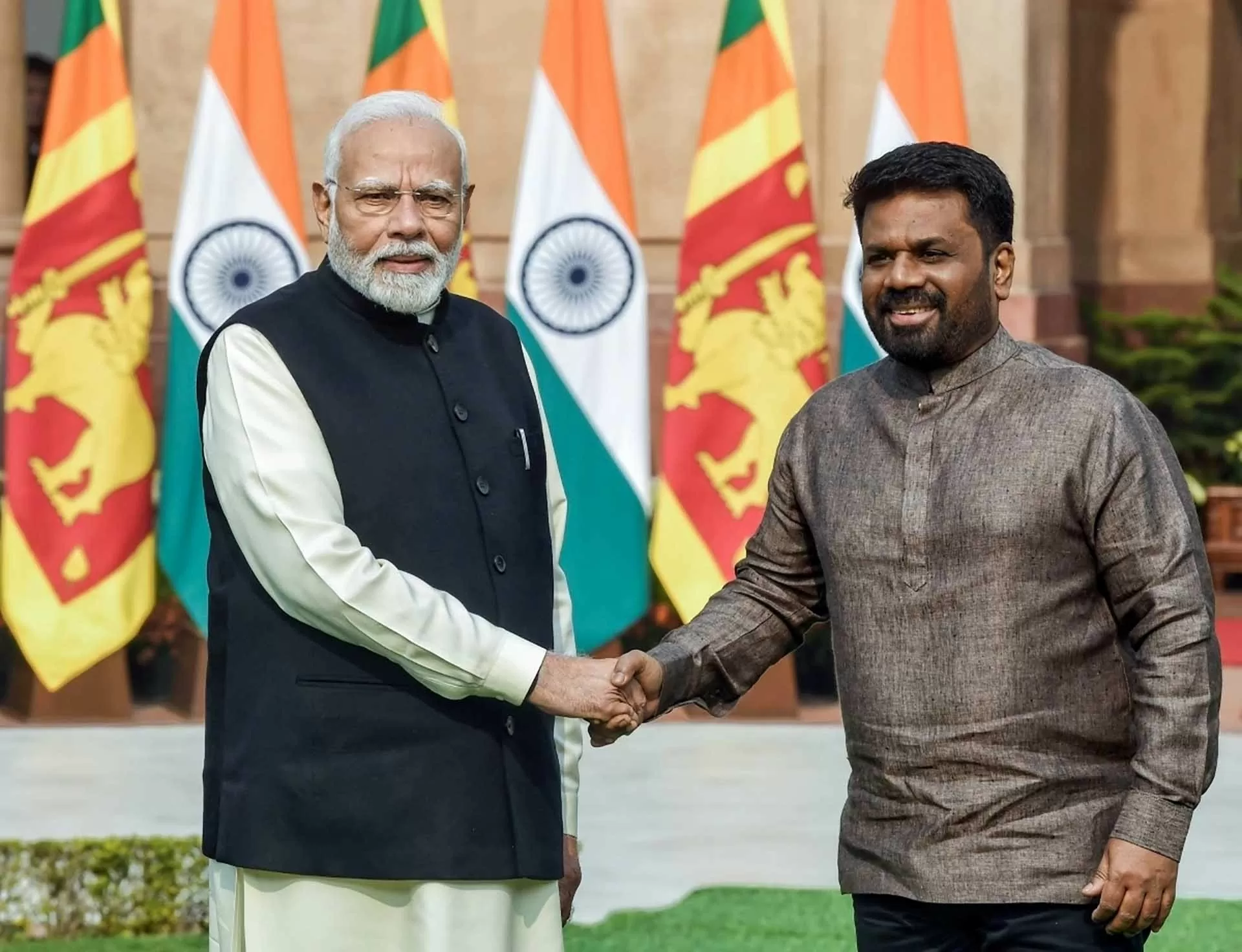 |
| Prime Minister Narendra Modi (left) and President Anura Kumara Dissanayake, December 16 in New Delhi. (Source: PTI) |
Affirm commitment
The statement was a reiteration of a pledge made by Mr Dissanayake during his presidential campaign in September, when the candidate, leader of the Marxist National People’s Power Party (NPP), said “we will not allow any country or organisation to use Sri Lanka’s airspace, land, or sea to threaten or endanger the national security of any country in the region, including India.”
Besides the statement that seemed to want to "reassure" New Delhi in the context of increasingly fierce competition between major powers in the region, President Dissanayake discussed a series of issues of mutual concern with his counterpart Droupadi Murmu, Prime Minister Narendra Modi, Foreign Minister S. Jaishankar and National Security Advisor Ajit Doval...
Notably, in the joint statement issued during the visit, the two leaders highlighted the challenges facing the two countries in the region and reaffirmed their commitment to work together to counter traditional and non-traditional threats and ensure a free, open, safe and secure Indian Ocean region. Prime Minister Modi and President Disanayake affirmed that cooperation between the two countries will be enhanced, especially in areas such as maritime security, counter-terrorism, cyber security, humanitarian assistance and disaster relief.
Natural partners
The Joint Statement noted that the relationship between India and Sri Lanka is a natural partnership, underpinned by deep cultural and civilisational bonds, geographical proximity and people-to-people ties. The two countries have adopted a common vision for the future and President Disanayake’s visit will inject new growth and energy into the bilateral relationship.
India has so far provided $5 billion in credit lines and grants to Sri Lanka. India’s strong support has been instrumental in Sri Lanka’s economic recovery and humanitarian assistance following the island nation’s severe economic crisis in 2022. New Delhi’s financial guarantees have facilitated the International Monetary Fund’s (IMF) extended facility, providing much-needed support to Sri Lanka’s debt restructuring efforts.
According to the joint statement, in the coming time, the two sides will establish a multi-purpose power grid and oil pipeline connection, accelerate the progress of the Sampur solar power plant project, supply LNG to Sri Lankan power plants, and soon complete the digital financial transaction project, step up the implementation of projects such as the restoration of the railway signal system, provide scholarships to university students and train 1,500 Sri Lankan civil servants in the next five years. In addition, the two sides agreed to “explore the possibility of signing a framework agreement on defense cooperation” to enhance cooperation through joint exercises, maritime surveillance, dialogue and conducting appropriate training programs.
For his part, the guest from the South Asian island nation thanked India for helping Sri Lanka during the “unprecedented economic crisis” two years ago, and asked Prime Minister Modi to support Sri Lanka’s entry into BRICS. In return, Mr. Modi welcomed Colombo’s support for New Delhi’s candidacy for a non-permanent seat on the United Nations Security Council for the 2028-2029 term, supporting India’s “Neighbourhood First” policy and SAGAR (Security and Growth for All in the Region) vision.
Resolving the past
As India’s closest maritime neighbour in the Indian Ocean region, Sri Lanka’s stability and prosperity are integral to the region’s security and development. In this context, Mr Dissanayake’s visit, with its results, promises to open a new chapter in the complex story of India-Sri Lanka relations, especially for the Marxist Janatha Vimukthi Peramuna (JVP) political party that leads the ruling NPP coalition.
In the 1980s, the JVP strongly opposed “Indian hegemony” and the India-brokered Accord between the Sri Lankan government and the Liberation Tigers of Tamil Eelam. Even as the left-wing party reinvented itself, Dissanayake continued to seek to allay concerns about “anti-India” sentiment. By deepening cooperation on shared challenges and opportunities, the two South Asian nations are setting an example of constructive engagement in a broader context. This dynamic partnership is not only transforming bilateral relations, but also making a meaningful contribution to the stability and prosperity of the Indian Ocean region.
Therefore, by choosing India as the destination for his first three-day overseas trip since being elected President in September, Mr. Dissanayake continues to demonstrate his commitment and desire to deepen bilateral relations with New Delhi. With the direction of the relationship as a “natural partnership” and the latest results achieved during this visit, it is likely to open a new chapter for India-Sri Lanka relations in the coming years, especially in the context of increasingly fierce strategic competition in the region.
Source: https://baoquocte.vn/an-do-sri-lanka-lang-gieng-can-nhau-297942.html



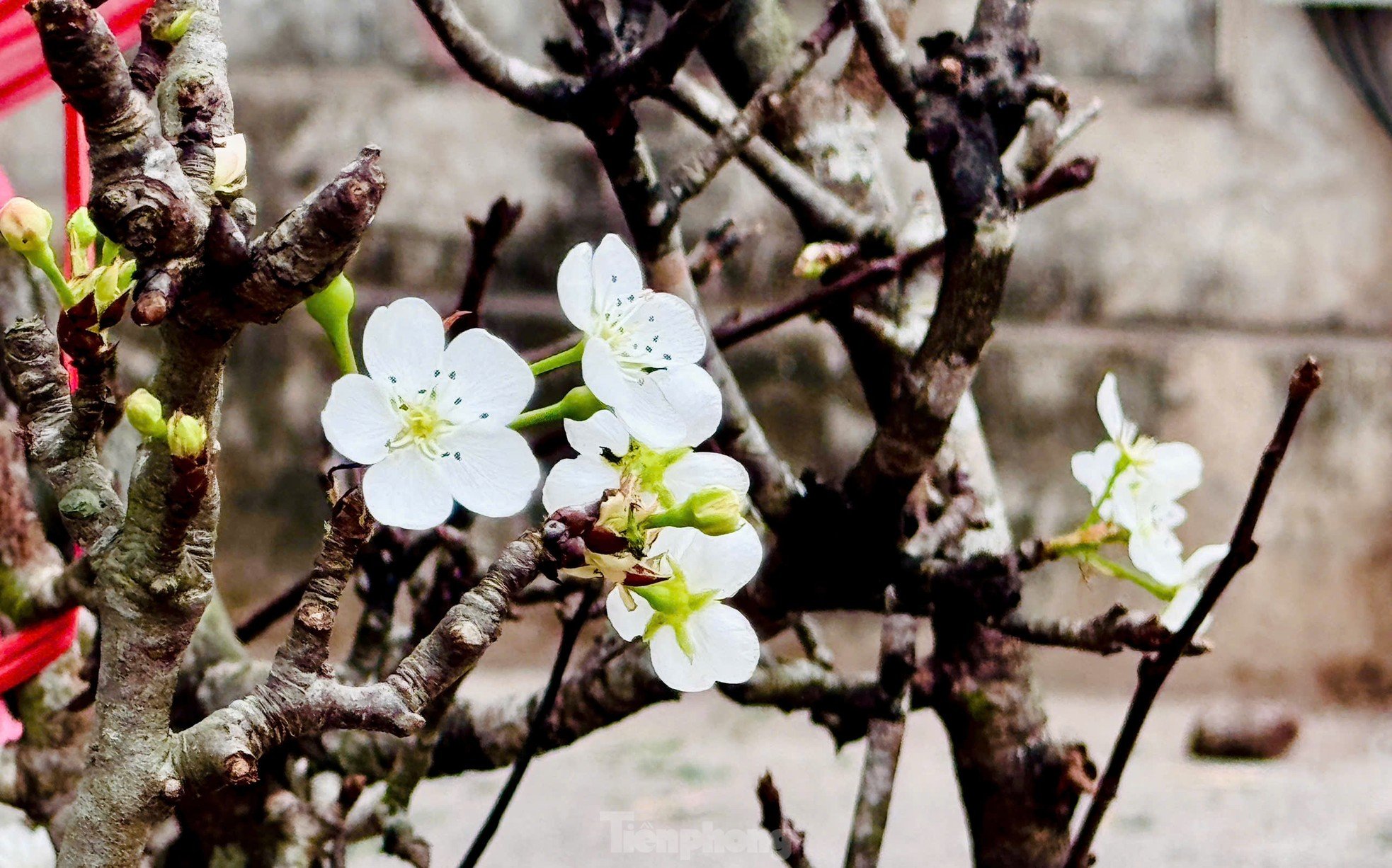


























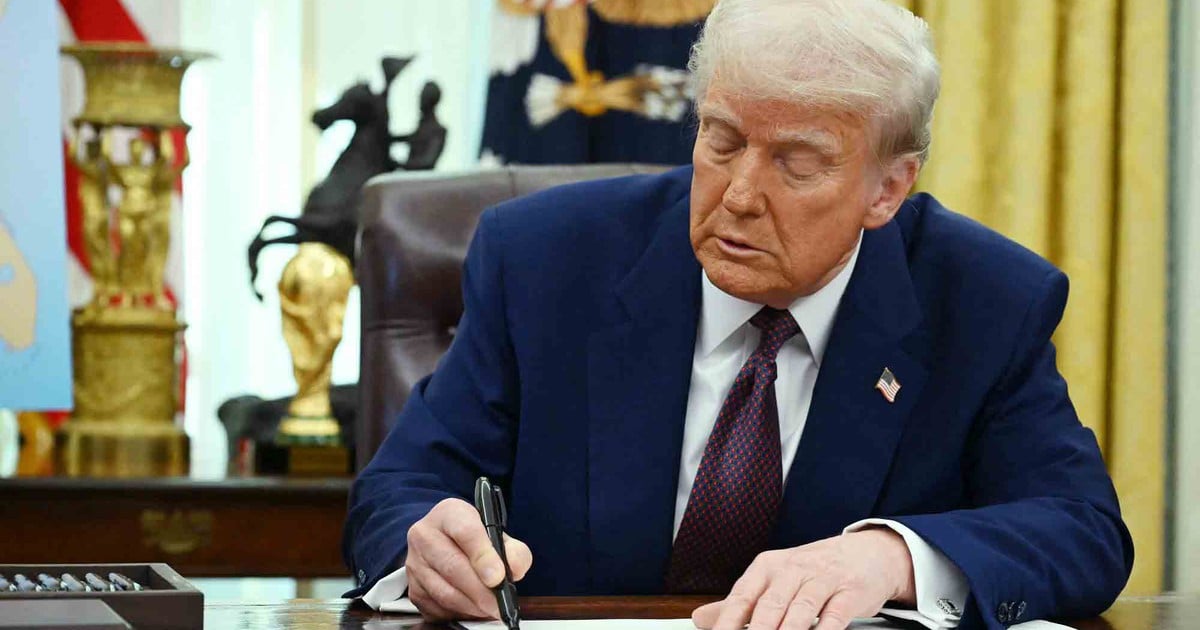

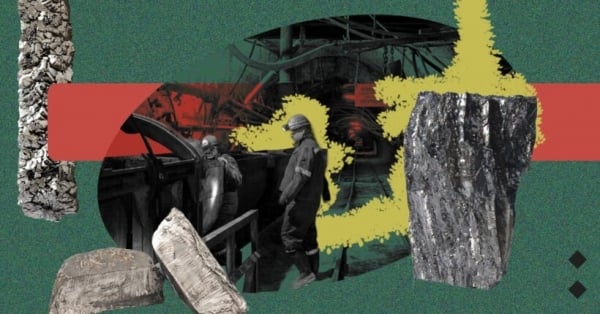
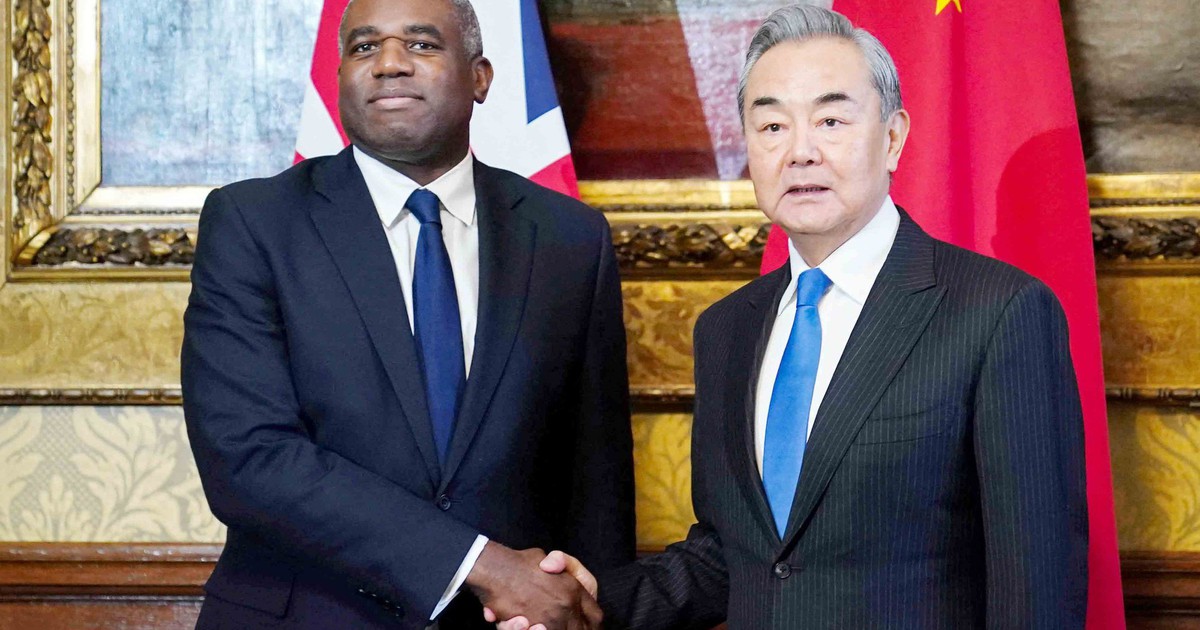
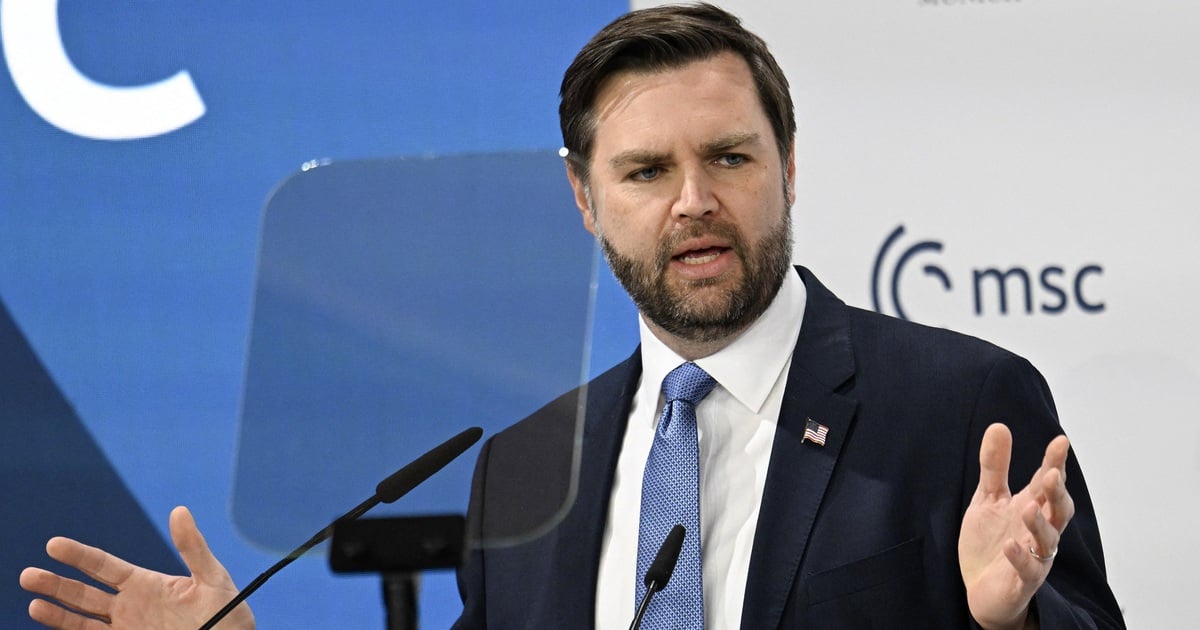
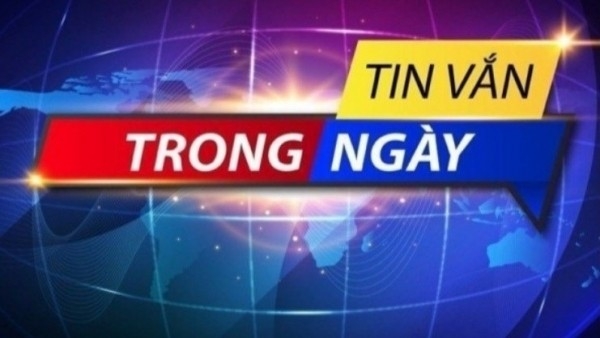
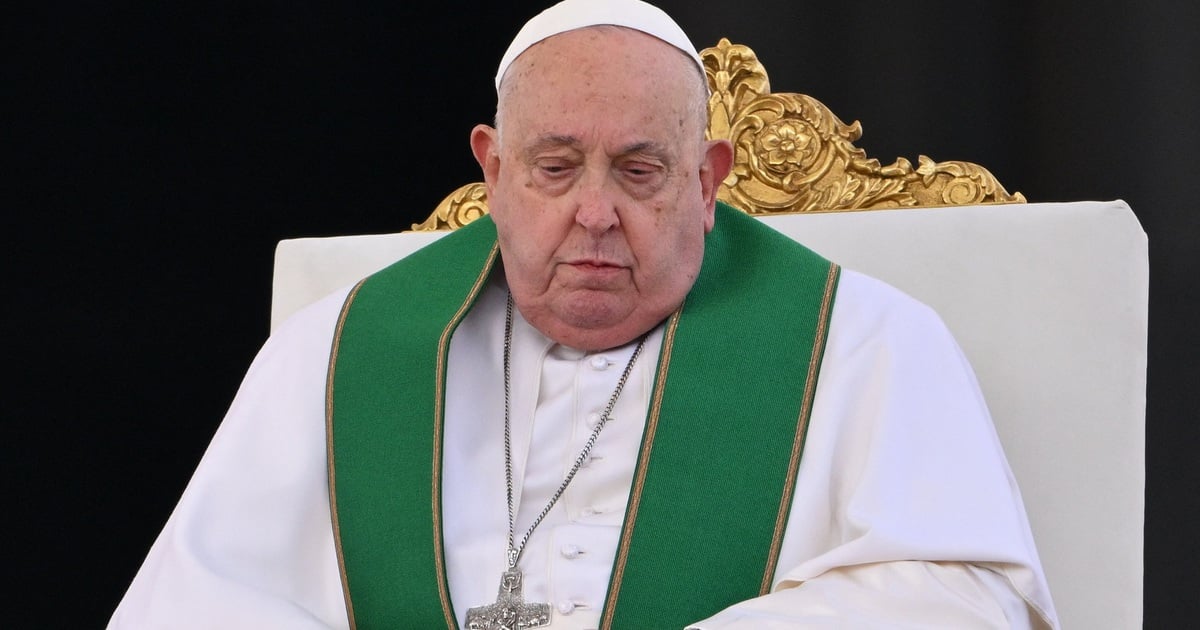



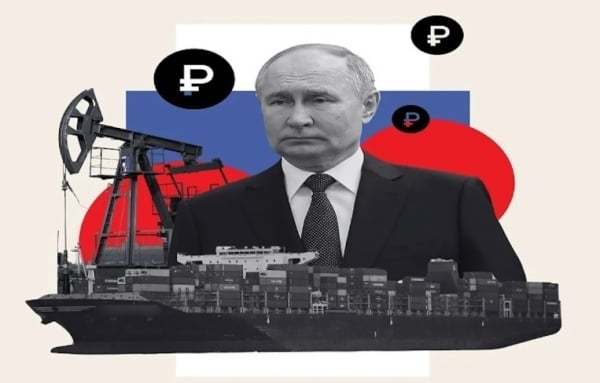
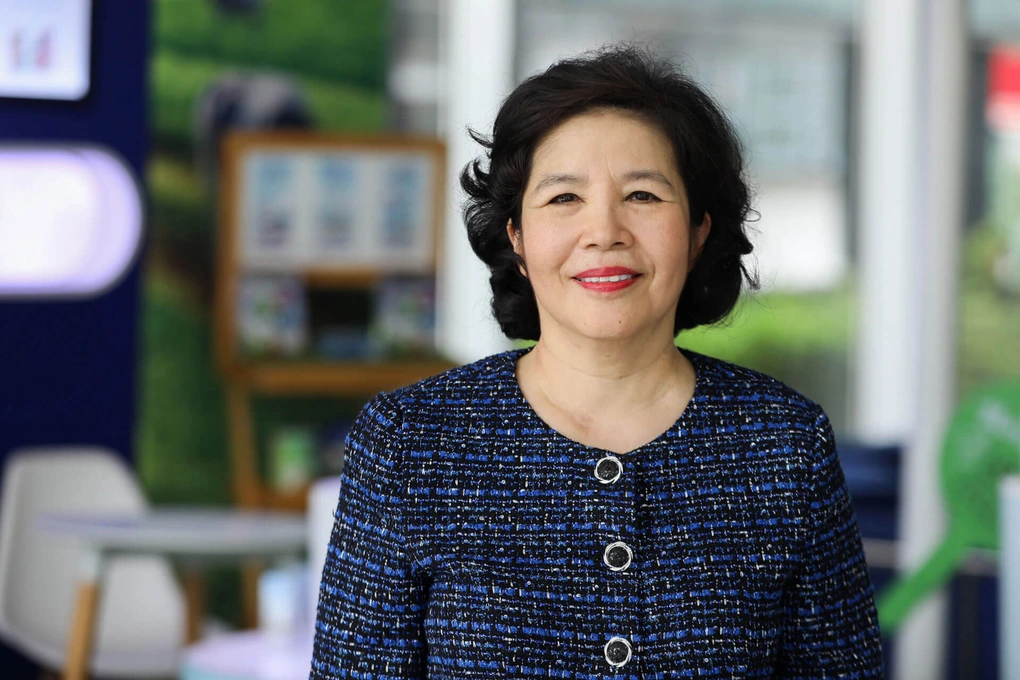

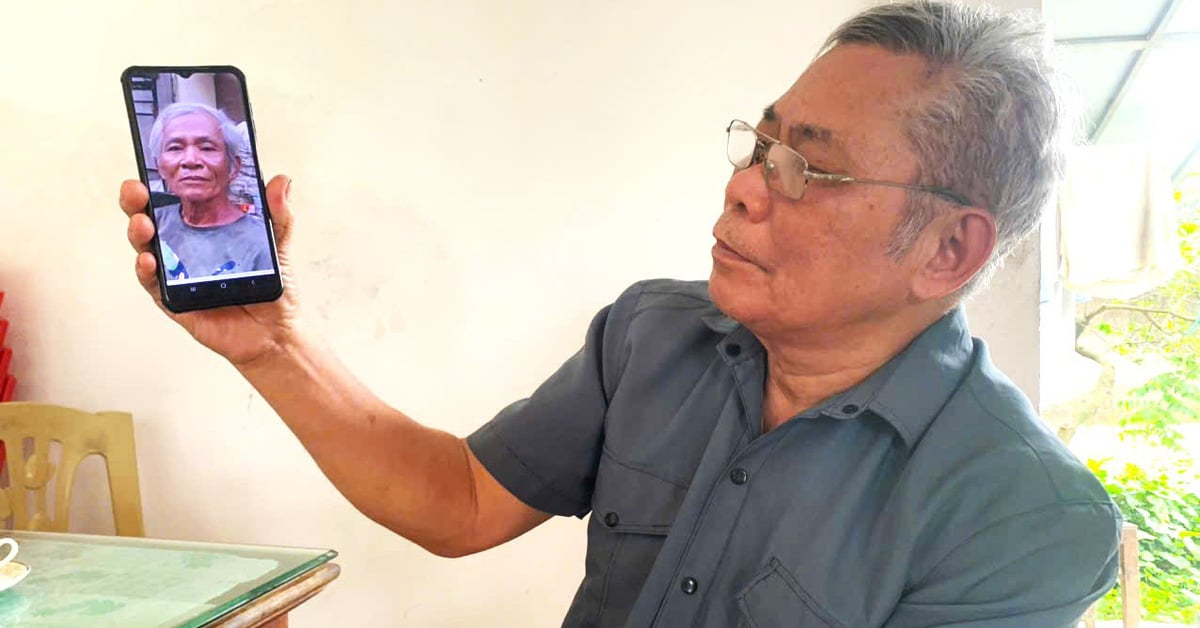

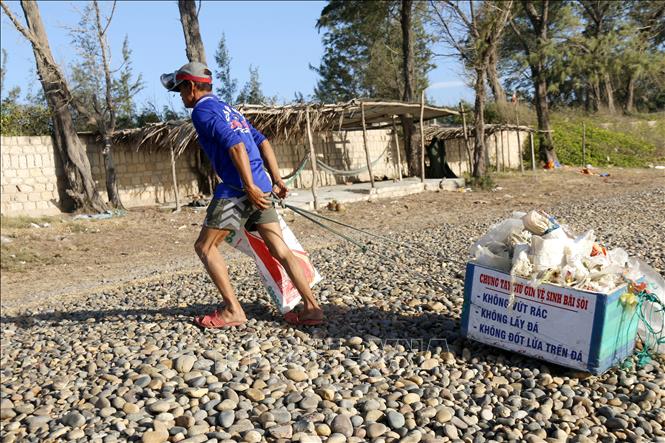

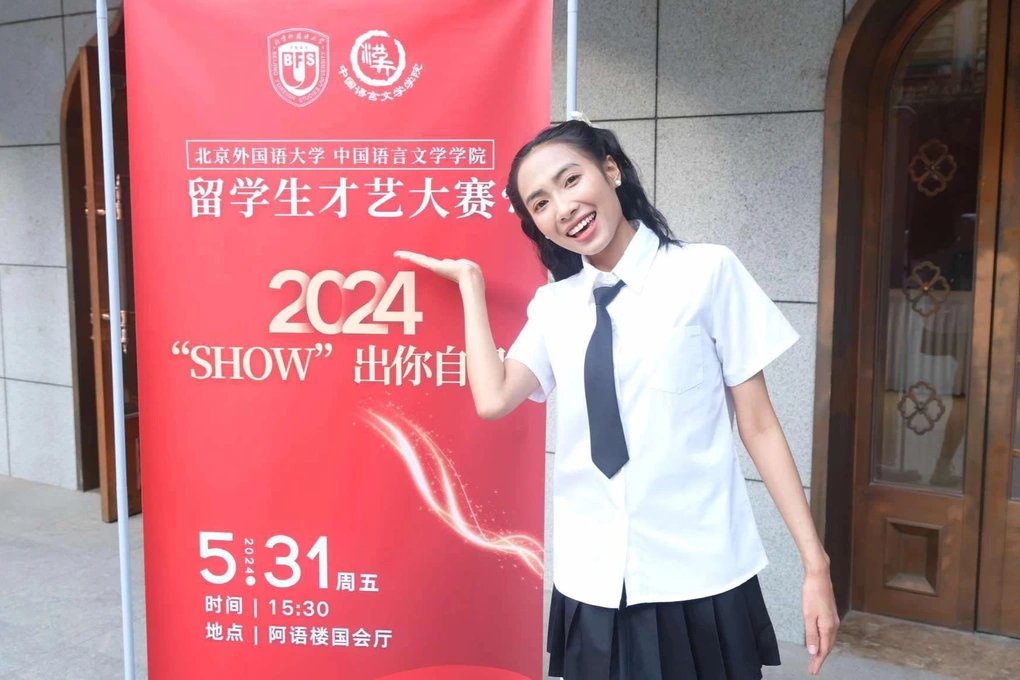
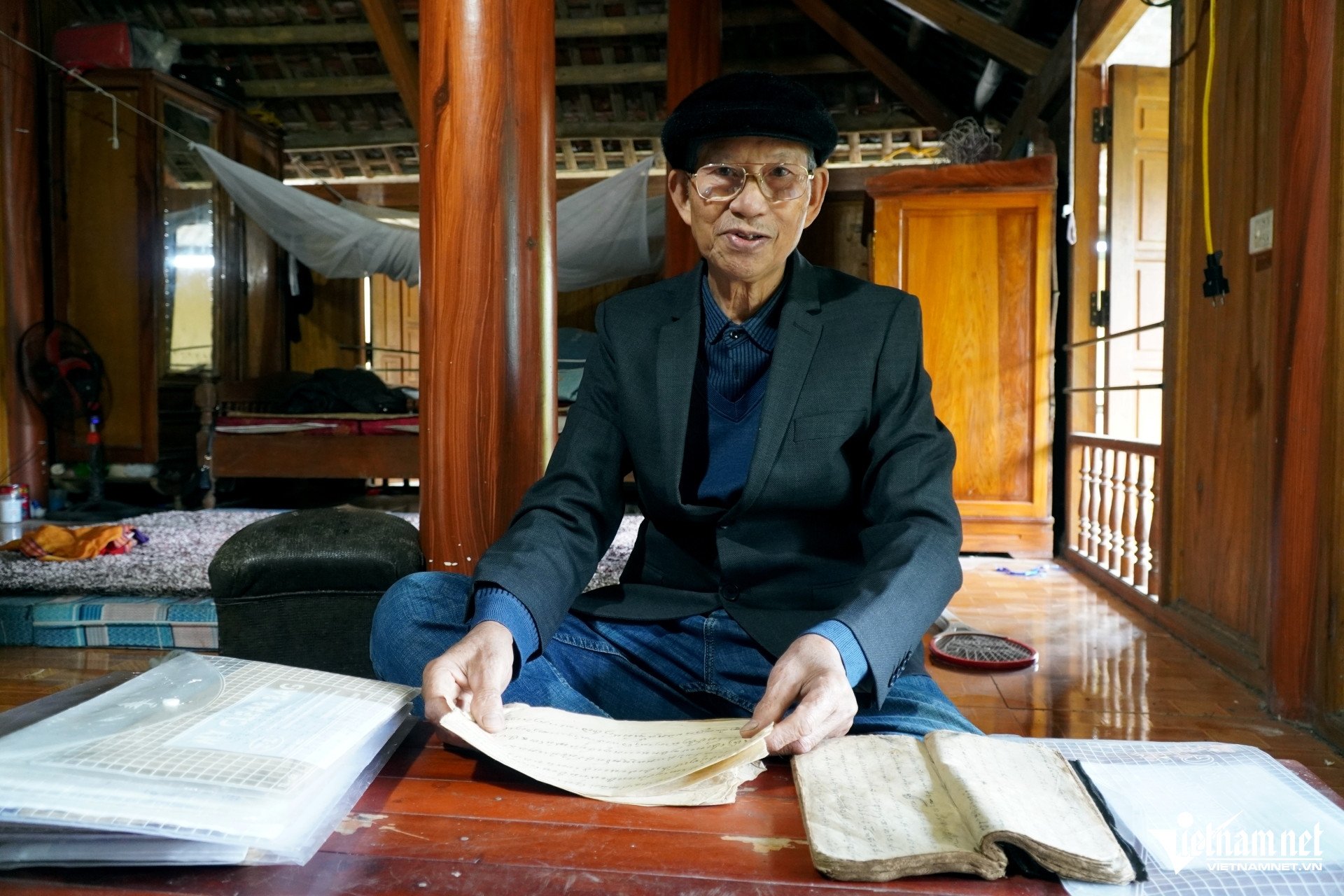

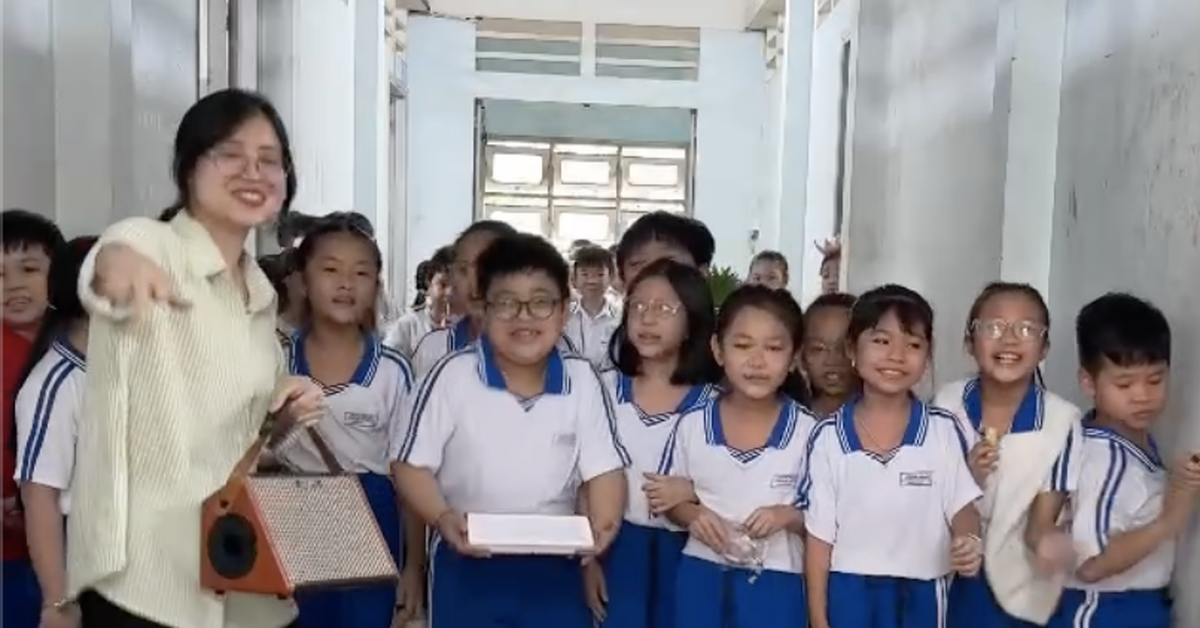



Comment (0)